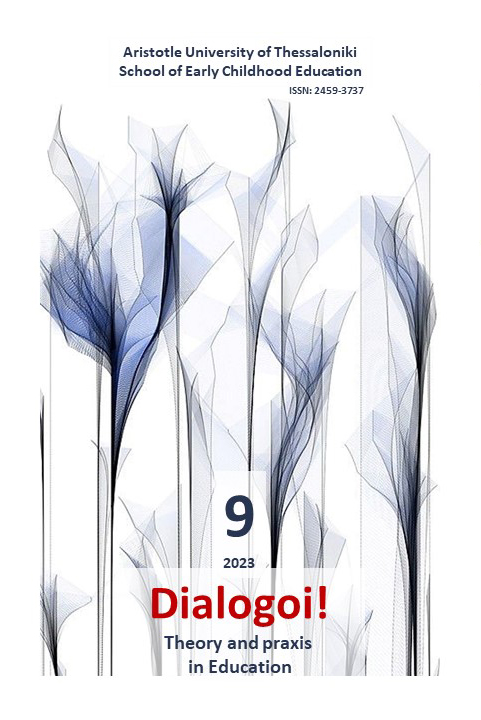Exploring the use of internet and mobile phones by newly enrolled students: the case of Pedagogical Department students at the University of Patras

Abstract
This paper presents the results of a large-scale research at the Pedagogical Department of Primary Education of the University of Patras on the transition from school to university and the exploitation of Internet and technology in studies. The survey was conducted over four consecutive academic years (2013-2017). The sample was the newly enrolled students of the department. A questionnaire with closed and open questions was used to implement the survey. The findings of this research show that the extent of Internet and mobile phone use as a support tool for conventional university institutions and students is varied. In order for the use of new technologies and the investment of an institution to be efficient, students need to have the knowledge and the ability to use it. Therefore, students need to develop the adequate skills.
Article Details
- How to Cite
-
Σαμαράς Χ., Νιάρη Μ., Παναγιωτακόπουλος Χ., & Βερύκιος Β. (2019). Exploring the use of internet and mobile phones by newly enrolled students: the case of Pedagogical Department students at the University of Patras. Dialogoi! Theory and Praxis in Education, 5, 57–69. https://doi.org/10.12681/dial.20378
- Issue
- Vol. 5 (2019)
- Section
- Scientific columns

This work is licensed under a Creative Commons Attribution-NonCommercial-ShareAlike 4.0 International License.
Authors who publish with this journal agree to the following terms:
- Authors retain copyright and grant the journal right of first publication with the work simultaneously licensed under a Creative Commons Attribution Non-Commercial License that allows others to share the work with an acknowledgement of the work's authorship and initial publication in this journal.
- Authors are able to enter into separate, additional contractual arrangements for the non-exclusive distribution of the journal's published version of the work (e.g. post it to an institutional repository or publish it in a book), with an acknowledgement of its initial publication in this journal.
- Authors are permitted and encouraged to post their work online (preferably in institutional repositories or on their website) prior to and during the submission process, as it can lead to productive exchanges, as well as earlier and greater citation of published work (See The Effect of Open Access).



